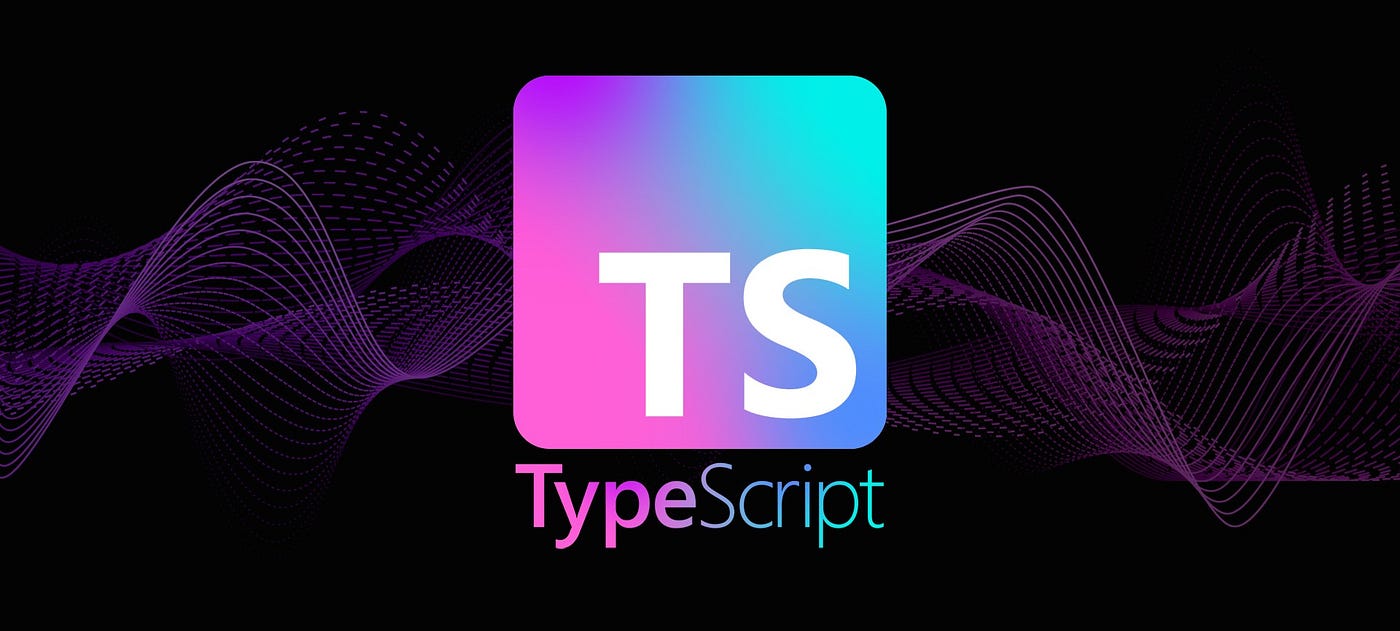
TypeScript
Advanced
Patterns
Types
Mastering TypeScript: Advanced Patterns for Better Code
January 10, 2024
12 min read
Mastering TypeScript: Advanced Patterns for Better Code
TypeScript's type system is incredibly powerful. Let's explore advanced patterns that will make your code more robust and maintainable.
Conditional Types
Conditional types allow you to create types that depend on a condition:
typescripttype ApiResponse<T> = T extends string ? { message: T } : { data: T } type StringResponse = ApiResponse<string> // { message: string } type DataResponse = ApiResponse<User[]> // { data: User[] }
Mapped Types
Transform existing types into new ones:
typescripttype Partial<T> = { [P in keyof T]?: T[P] } type Required<T> = { [P in keyof T]-?: T[P] } interface User { id: number name: string email?: string } type PartialUser = Partial<User> // All properties optional type RequiredUser = Required<User> // All properties required
Template Literal Types
Create string literal types with patterns:
typescripttype EventName<T extends string> = `on${Capitalize<T>}` type ClickEvent = EventName<"click"> // "onClick" type HoverEvent = EventName<"hover"> // "onHover"
Utility Types in Practice
Here's how to use these patterns in real applications:
typescript// API response handler with conditional types type ApiHandler<T> = T extends { id: number } ? (data: T) => Promise<T> : (data: T[]) => Promise<T[]> // Form validation with mapped types type FormErrors<T> = { [K in keyof T]?: string } interface LoginForm { email: string password: string } type LoginErrors = FormErrors<LoginForm> // { email?: string; password?: string }
Best Practices
- Start simple - Don't over-engineer your types
- Use utility types - Leverage built-in TypeScript utilities
- Document complex types - Add comments for advanced patterns
Advanced TypeScript patterns help you catch errors at compile time and create more maintainable codebases.